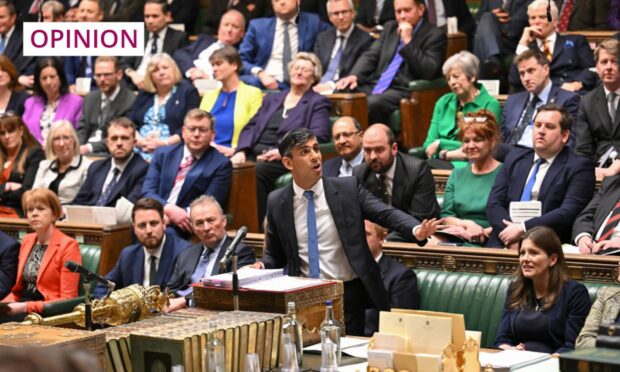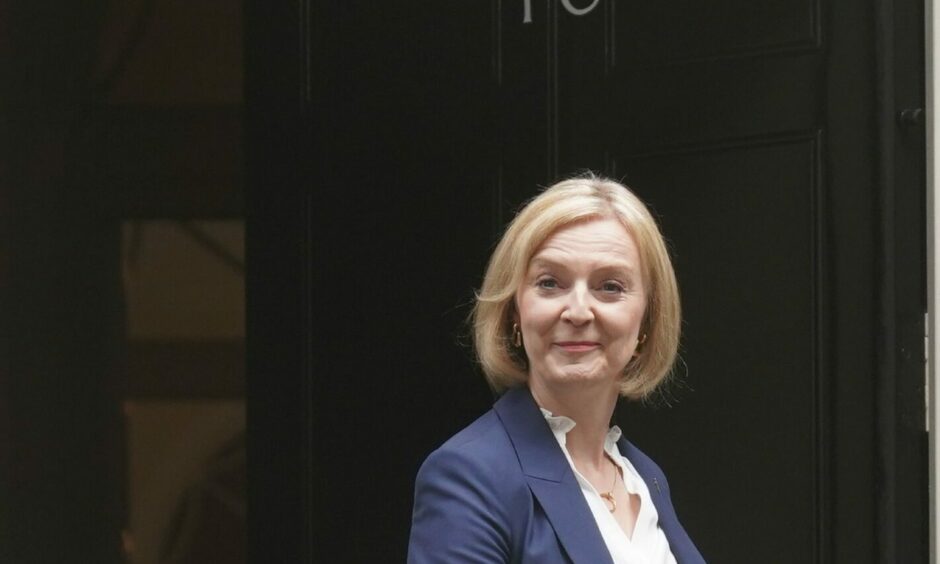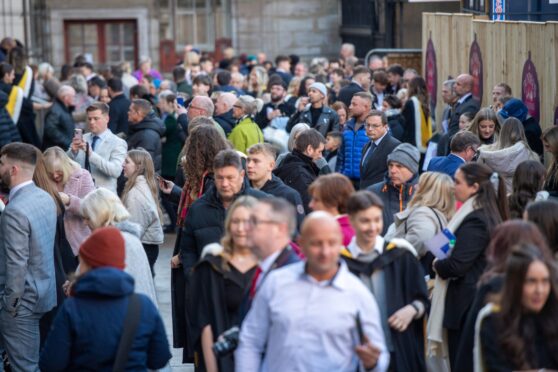In Westminster, they know what’s coming, but can only wait in agony for reality to hit.
That’s how the House of Commons felt this week. More like a dentist’s waiting area filled with nervous patients than the centre of power dominated by our best and brightest.
While some have distracted themselves in the pages of Liz Truss’ new book, most I spoke to during my journey south have only one thing in mind: when will the country have its say, and more importantly, what will the verdict be.
The polls confidently predict a thumping Labour victory UK wide. But across the parties there’s an awareness that the picture is far from clear.
Many conversations I had reflected what polling expert Professor Jennifer Lees-Marshment told our weekly podcast, The Stooshie.
Labour in search of enthusiasm
While fellow psephologist Professor Sir John Curtice has boldly predicted he is 99% certain there will be Labour government after the election, even inside the party there is a note of caution.
As Prof Lees-Marshment highlighted, a deeper dive into the polls reveals enthusiasm for Labour and Sir Keir Starmer is far from overwhelming.
As the academic spelled out, support for the party’s platform is far below what the polls demonstrated ahead of Tony Blair’s 1997 landslide.
One MP admitted that voter apathy towards all parties could prove a real problem for politicians campaigning to keep their jobs.
Voter apathy fears
“The uncertainty about when the election will be only makes that worse. It feels like we’re in a constant campaign already and it will become harder to get voters excited as that sense of inevitability continues,” they said.
While there may be apathy, public opinion is clear that voters are looking for change. Conventional wisdom would suggest that’s good for the opposition, but polling also makes clear many are still to be convinced that the major parties are quite offering what they want.
The Conservatives know voters are deeply unhappy with them, and that they will doubtless shoulder the blame for the fall in living standards as the cost of living continues to spiral.
As Ms Truss continues her attempt at reputation rehabilitation, and refuses to take responsibility for the fallout of her curtailed premiership, anger will only continue to build.
To make matters worse, the prime minister returned to the House of Commons still unable to shake accusations he has lost control of his party.
His authority was dealt a further blow when 57 of his own MPs voted against his ban on smoking for future generations.
The landmark health policy was opposed by business secretary Kemi Badenoch, often touted as a leadership challenger to Mr Sunak, who said: “I don’t think the end justifies the means.
Tory rebellion continues to undermine Rishi Sunak’s authority
“The principle I was against was treating adults differently and how that would be enforced. It didn’t feel right to me.”
To have one of the most senior members of the government publicly question such a key policy, and cite concerns about how it impacts their brief, has undoubtedly been a blow for Number 10.
Another 100 Tory MPs felt able to abstain, and even as they supported the ban, opposition politicians found a wealth of quotes deriding the policy from Mr Sunak’s predecessors, Boris Johnson and Liz Truss.
Another grim moment for Mr Sunak came at prime minister’s questions. Both he and Sir Keir turned up with attack lines clearly designed for an election, but the Labour leader was seen to have won the day after he pushed the prime minister into a trap set by Liz Truss.
PMQs become bitter election rehearsal
Voters want to know the country is well led. Never mind the opposition, when the prime minister’s own party are undermining his leadership it will hardly inspire confidence.
The SNP also focused on the words of prime ministers past. Dundonian Stephen Flynn, a strong performer in the Commons chamber, quoted Gordon Brown, who has said the forces pulling the UK apart were now stronger than those holding it together.
While not known as a forum of sensible debate, the weekly tussles only feel more and more like a rehearsal for the real thing.
And far from confident, MPs increasingly look uneasy as they await the public vote.
They have their lines memorised and are ready to go. The audience is waiting. The prime minister just needs to yell action.












Conversation